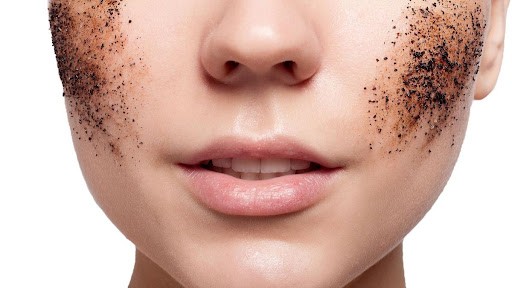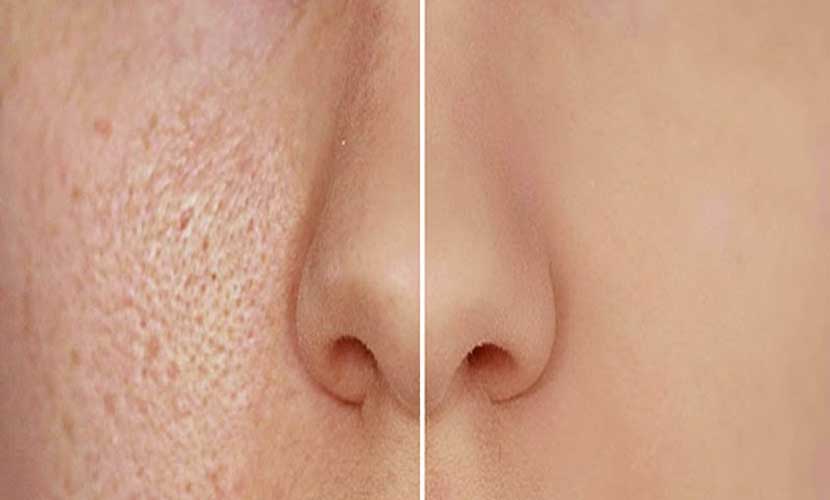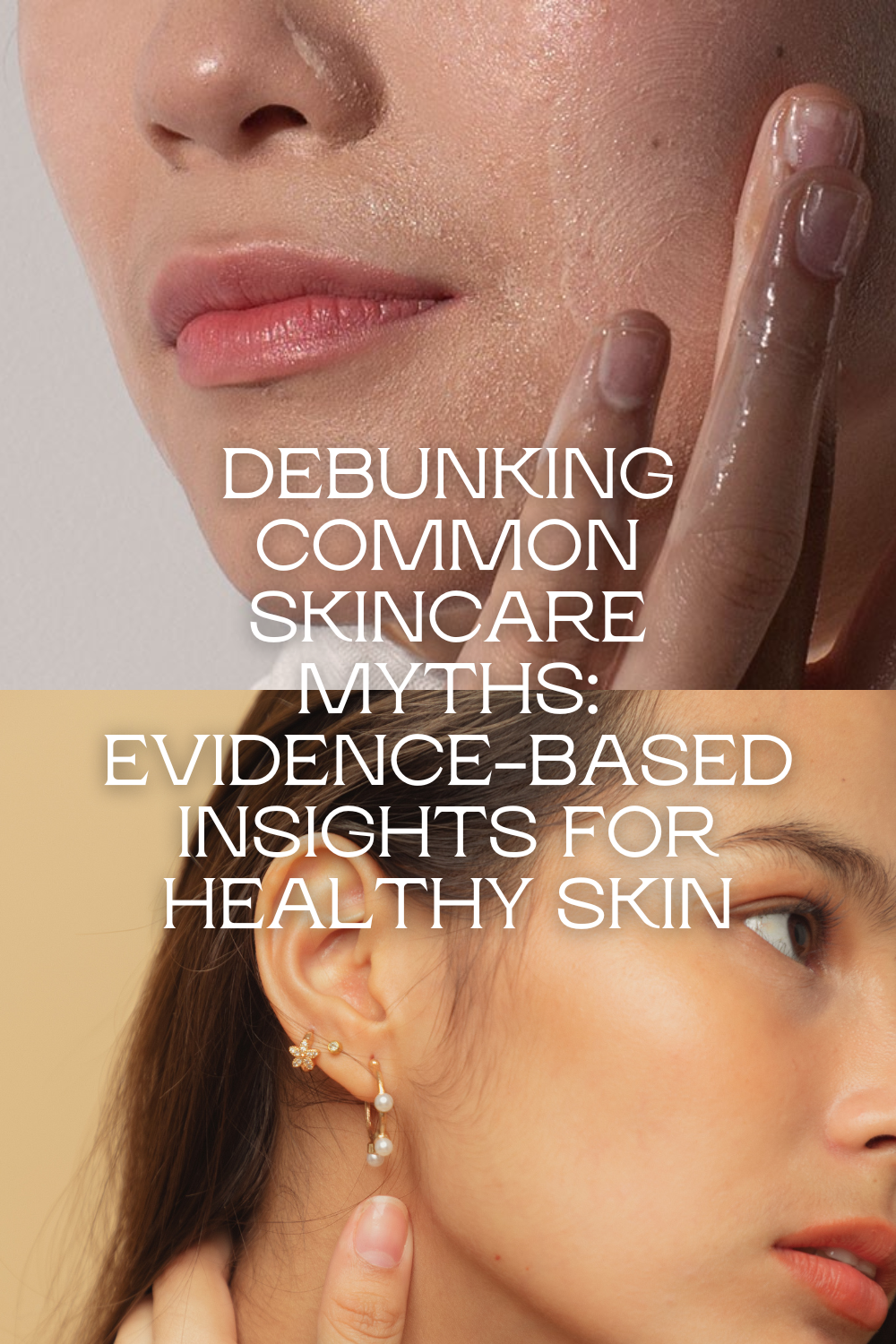The world of skincare is filled with advice, tips, and product recommendations, but not all of it is rooted in science. Misconceptions can lead to ineffective routines or even harm your skin. Let’s clear the confusion by debunking some of the most common skincare myths and replacing them with evidence-based insights.
Skincare Myths
Myth 1: You Only Need Sunscreen on Sunny Days
Reality: UV rays, the primary cause of skin damage and premature aging, can penetrate clouds and even glass. This means your skin is exposed to harmful rays year-round, whether it’s sunny, rainy, or snowing. In fact, up to 80% of UV rays can pass through clouds. Daily application of broad-spectrum sunscreen with SPF 30 or higher is essential for protecting your skin from UV damage.
Tip: Don’t forget to reapply every two hours, especially if you’re outdoors or sweating.

Myth 2: Oily Skin Doesn’t Need Moisturizer
Reality: Skipping moisturizer can actually make oily skin worse. When your skin is deprived of moisture, it compensates by producing even more oil. The key is to choose the right moisturizer. Lightweight, non-comedogenic, and gel-based formulas work best for oily or acne-prone skin.
Tip: Look for moisturizers containing humectants like hyaluronic acid or glycerin to hydrate without clogging pores.

Myth 3: Natural Ingredients Are Always Better for Your Skin
Reality: While natural ingredients can be beneficial, not all are safe or effective. For example, lemon juice is often touted as a natural remedy for brightening skin, but its high acidity can disrupt your skin’s barrier and cause irritation or sensitivity to sunlight. On the other hand, synthetic ingredients like niacinamide or retinol have been extensively studied and proven to deliver results.
Tip: Always research an ingredient’s benefits and risks before applying it to your skin, whether natural or synthetic.

Myth 4: Drinking Water Alone Keeps Your Skin Hydrated
Reality: Staying hydrated is important for overall health, but it’s not a standalone solution for dry skin. Skin hydration depends on a combination of internal hydration and external care. Moisturizers help lock in water and maintain the skin’s barrier.
Tip: Use products with ingredients like ceramides, hyaluronic acid, or squalane to nourish and retain moisture in your skin.

Myth 5: Scrubbing Your Face Harder Will Make It Cleaner
Reality: Over-scrubbing or using harsh exfoliants can damage your skin’s protective barrier, leading to irritation, redness, and even breakouts. Gentle cleansing is far more effective and safe for maintaining healthy skin.
Tip: Limit physical exfoliation to 1-2 times a week and consider switching to chemical exfoliants like AHAs (glycolic acid) or BHAs (salicylic acid) for a gentler option.

Myth 6: You’ll See Results from Skincare Products Overnight
Reality: Effective skincare requires patience. Most products take weeks—sometimes months—to show visible results. For example, retinol may take 12 weeks to reduce fine lines, and vitamin C serums often need 6-8 weeks to brighten skin.
Tip: Stick to your routine and give products time to work. Always patch-test new products to avoid irritation.

Myth 7: Expensive Skincare Products Are Always Better
Reality: Price doesn’t always equate to quality. Many affordable products contain the same active ingredients as high-end ones. The effectiveness of a product depends on its formulation, not its price tag.
Tip: Focus on ingredients and reviews rather than marketing or packaging.
Myth 8: Pores Can Open and Close
Reality: Pores don’t have muscles, so they can’t open or close. Their appearance can be minimized by keeping them clean and using products like salicylic acid or niacinamide to reduce their visibility.
Tip: Regular exfoliation and oil control can help pores look smaller, but their size is largely determined by genetics.

Myth 9: You Don’t Need to Wash Your Face in the Morning
Reality: Even if your skin looks clean in the morning, it accumulates oil, sweat, and bacteria overnight. Skipping your morning cleanse can prevent your skincare products from working effectively.
Tip: Use a gentle cleanser in the morning to prepare your skin for the day’s routine.
Myth 10: Acne Is Caused by Poor Hygiene
Reality: Acne is primarily caused by factors like hormonal changes, genetics, and clogged pores. Overwashing or using harsh products can actually worsen acne by stripping the skin of its natural oils.
Tip: Stick to a gentle cleansing routine and use acne treatments with proven ingredients like benzoyl peroxide, salicylic acid, or retinoids.

Final Thoughts
Skincare myths can be misleading and potentially harmful. By separating fact from fiction, you can build a routine that truly benefits your skin. Remember, effective skincare is about consistency, evidence-based practices, and finding what works best for your unique needs.

